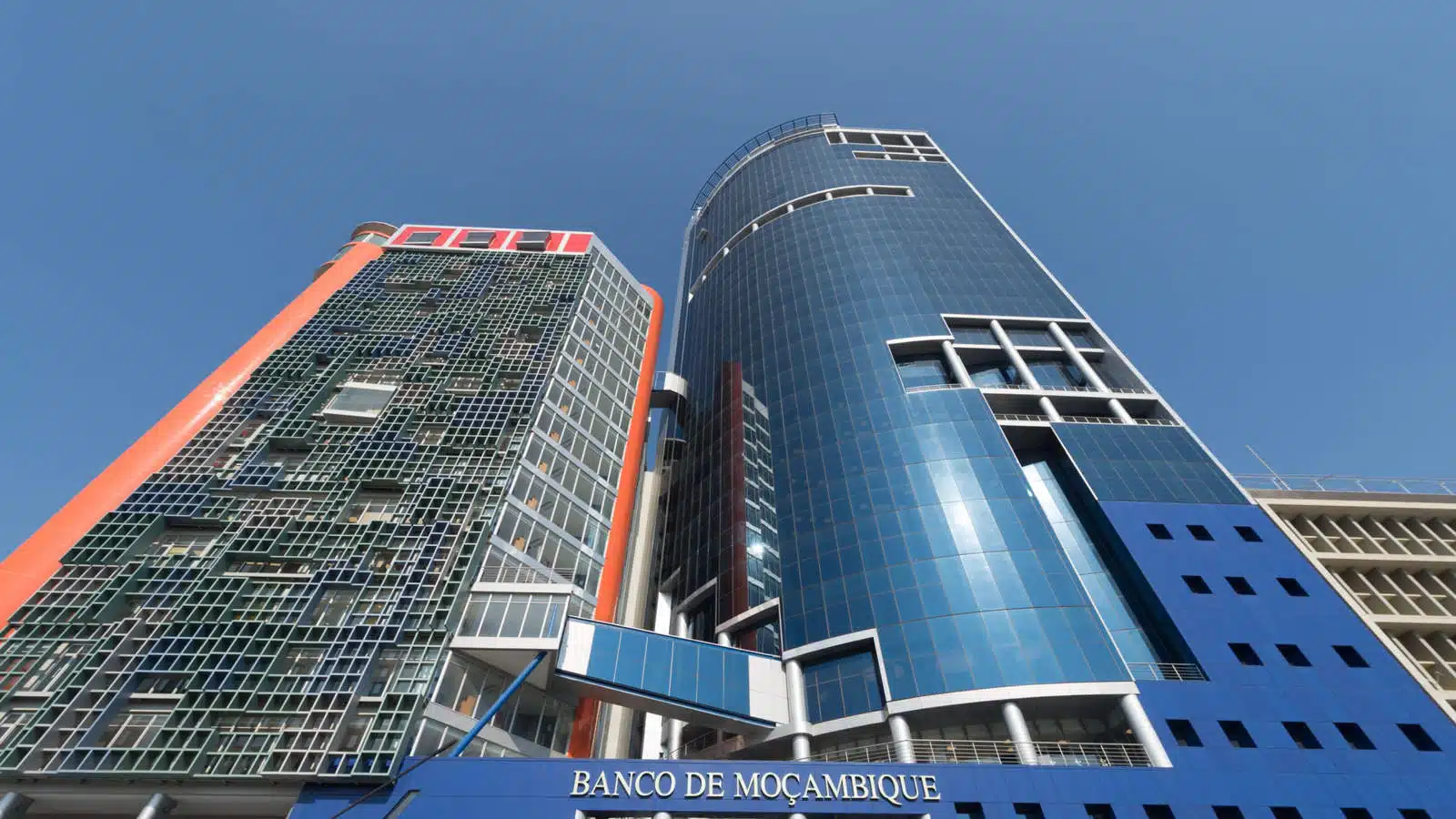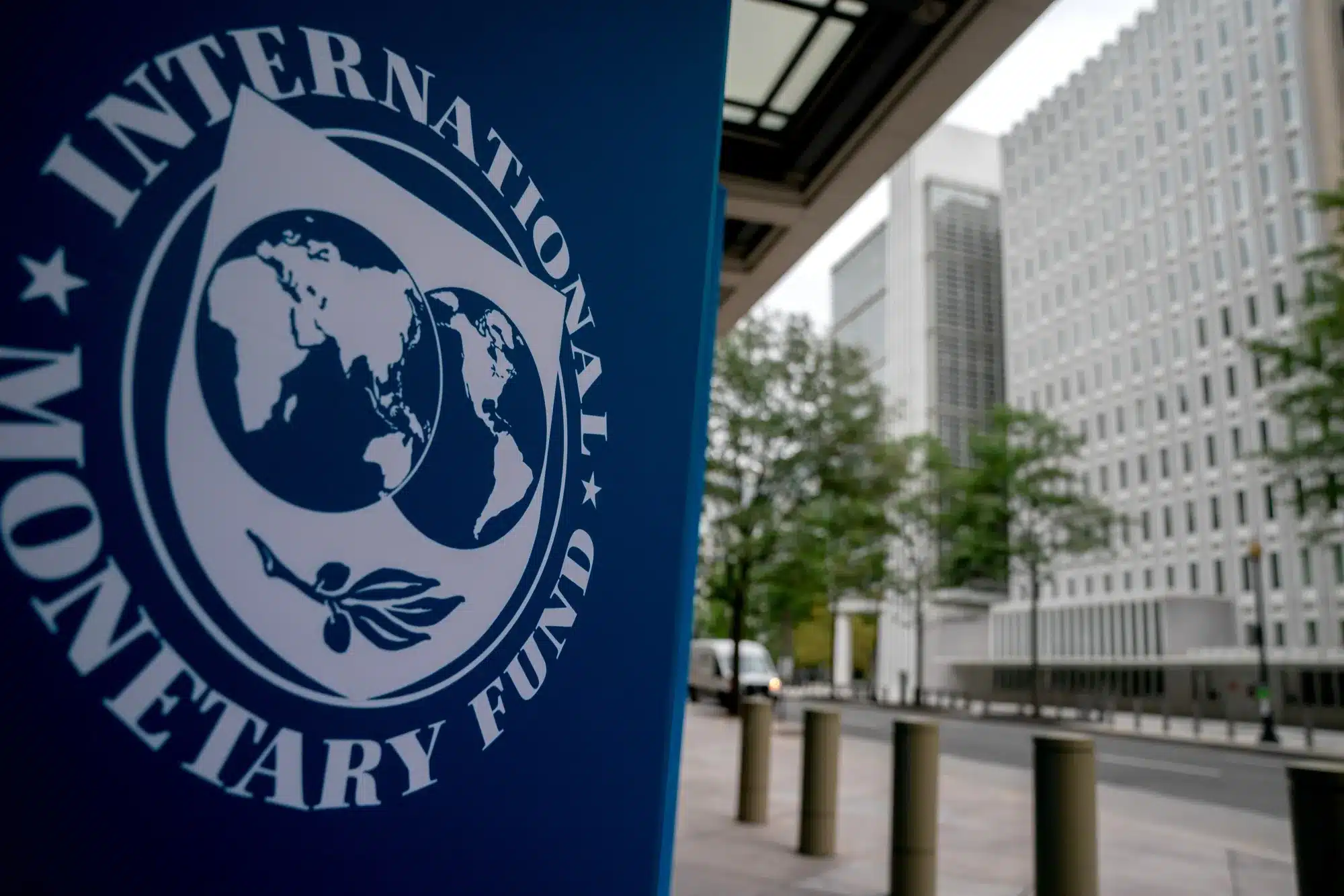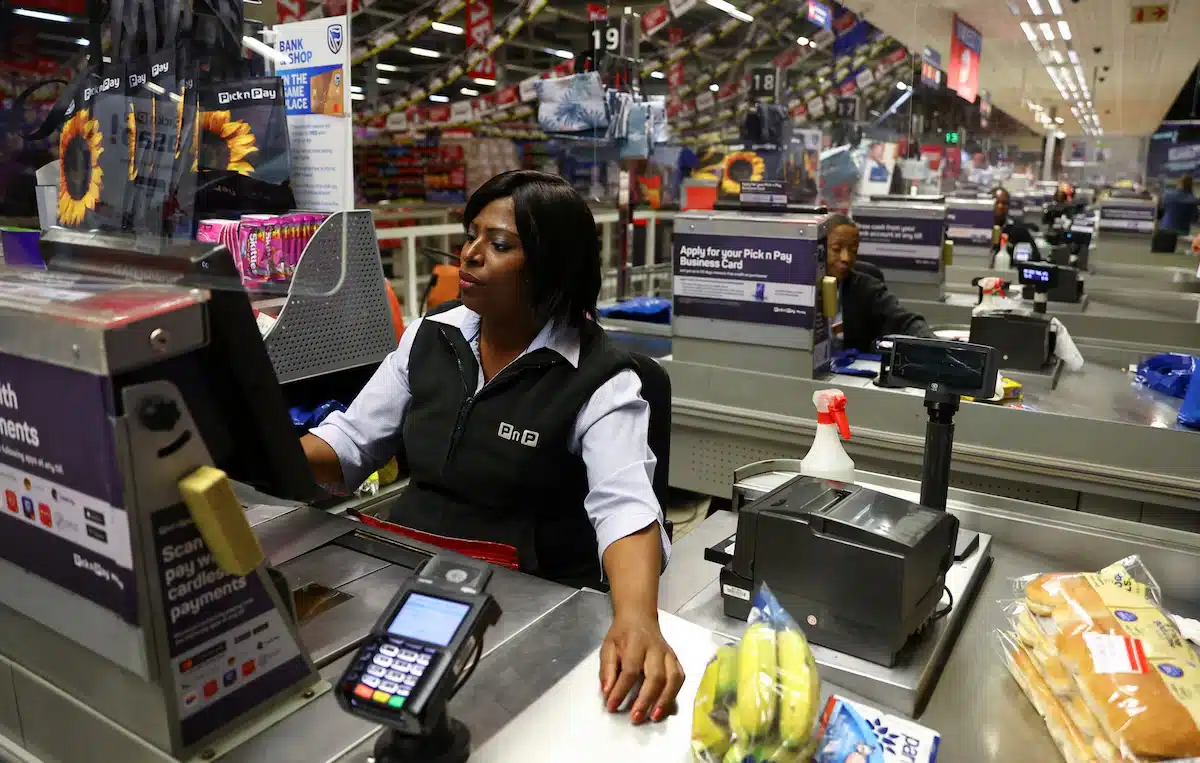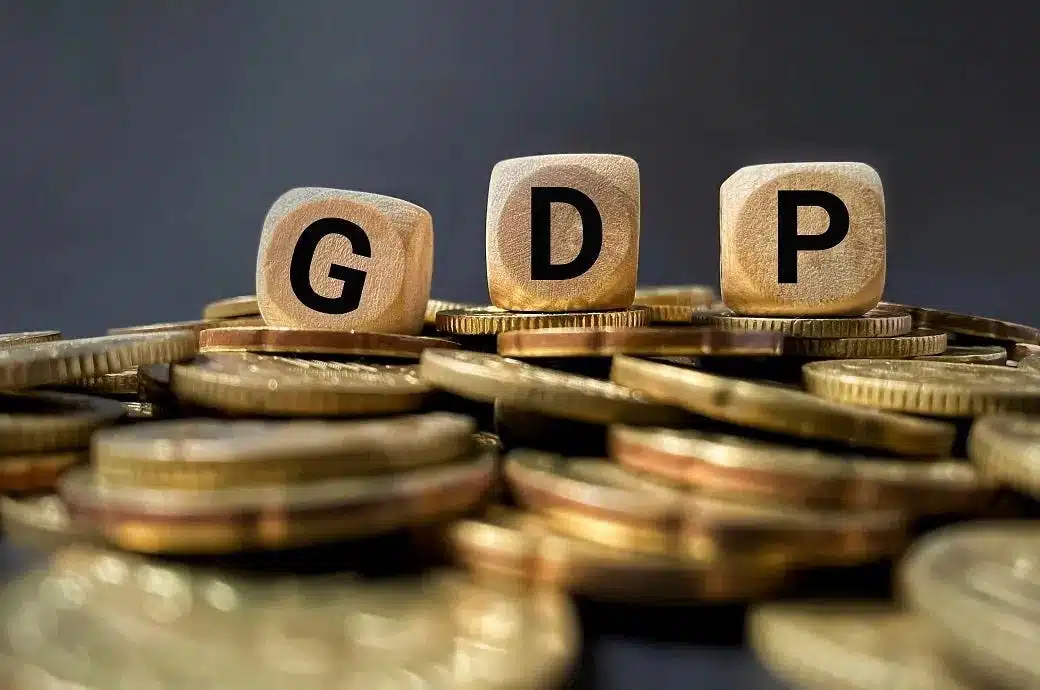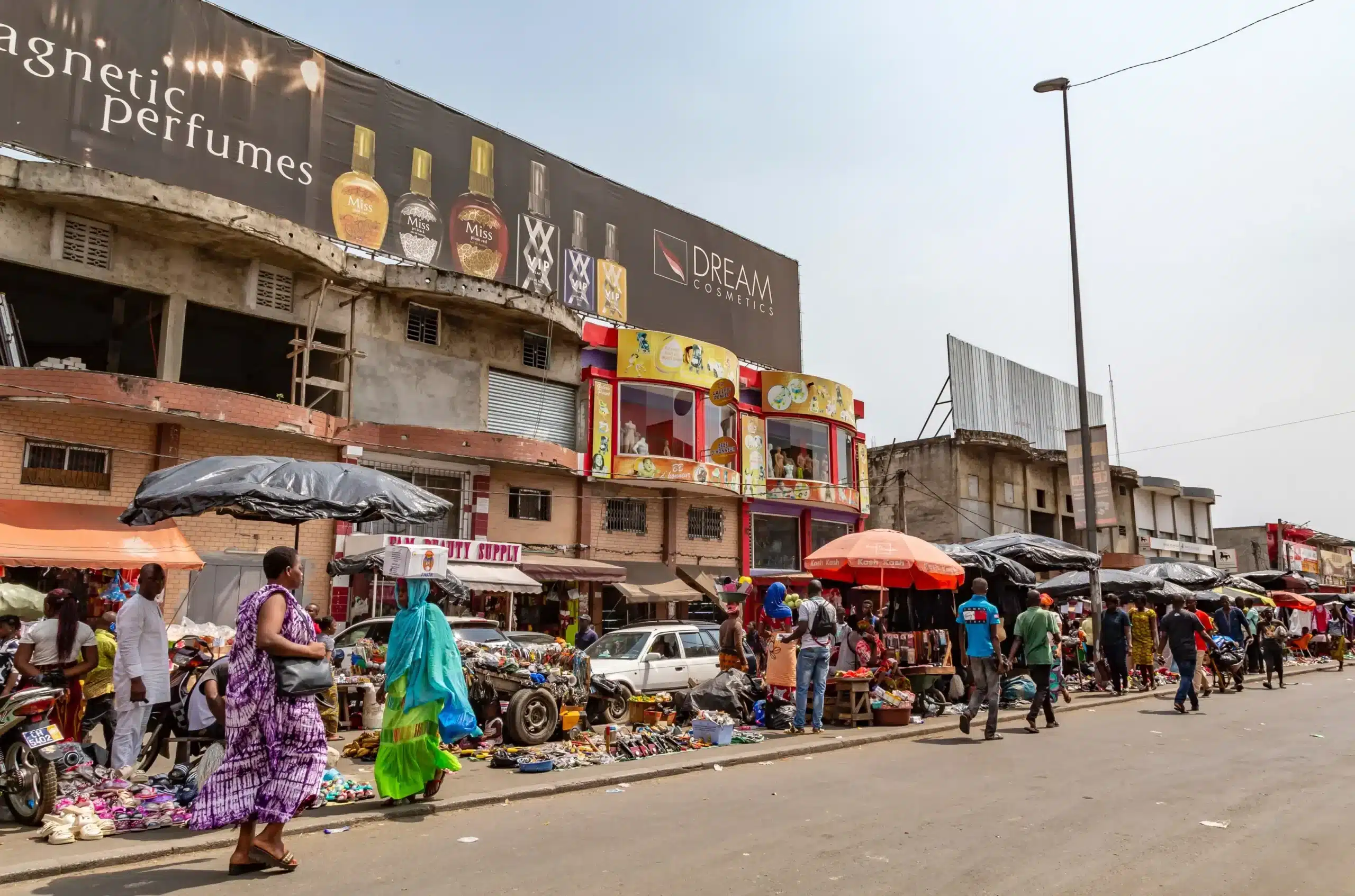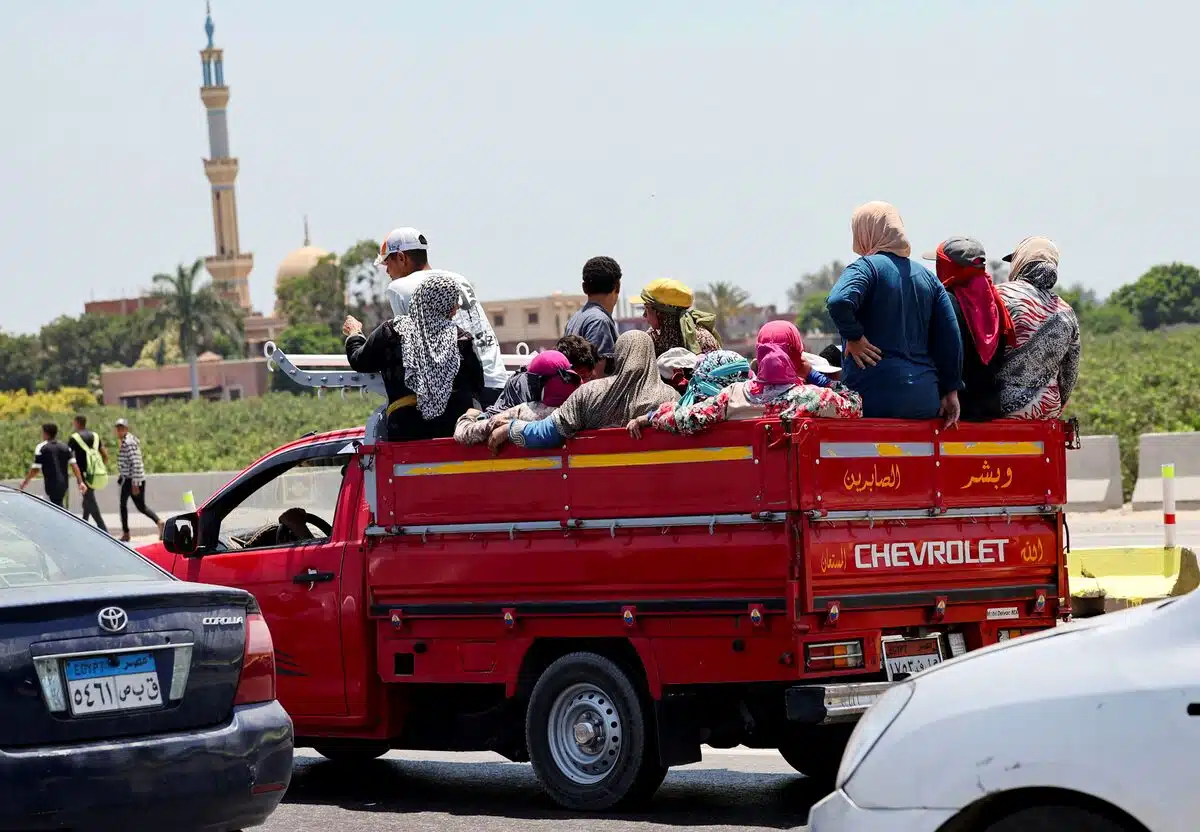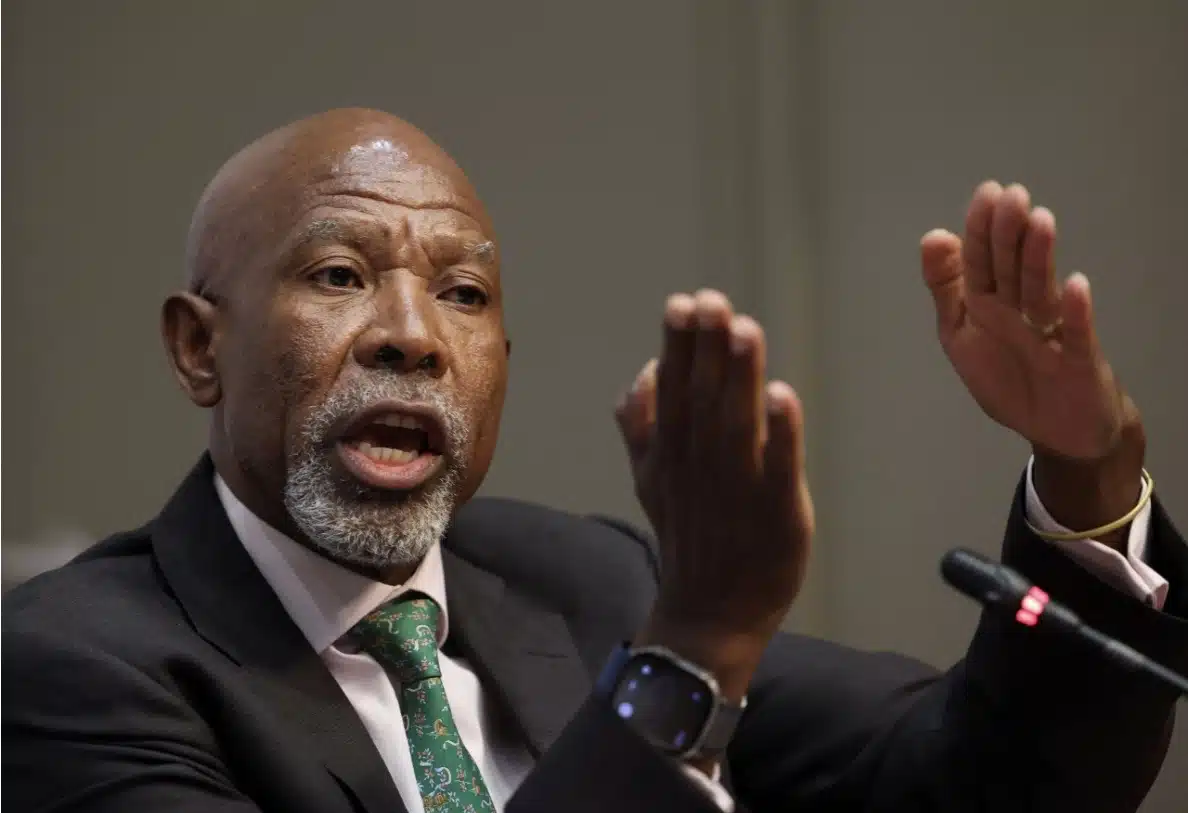Mozambique’s Net International Reserves climbed to a 10-year high of $4.04 billion in August 2025, marking the sixth consecutive month of growth and reflecting improved liquidity in the country’s foreign exchange market, according to a Finance in Africa analysis of the latest central bank data.
Figures from the Bank of Mozambique show reserves rose by 1.25% month-on-month from $3.99 billion in July, covering more than three months of estimated import needs for goods and services. The August level represents a recovery from February’s low of $3.59 billion, the weakest point in nearly a year.
The steady buildup signals the success of recent policy interventions aimed at improving the circulation of foreign exchange in the formal market and curbing speculative hoarding by commercial banks.
Policy measures strengthen liquidity
In a bid to boost the availability of foreign currency and reduce pressure on the metical, the central bank introduced measures in July to redistribute liquidity more efficiently across the market.
Among them was a decision to reduce daily retention limits for foreign exchange acquired by commercial banks, compelling them to channel more of their forex holdings back into the system.
“These measures are nothing more than adjusting here, taking from here certain resources, putting them elsewhere, and monitoring better,” Governor Rogério Zandamela said at a press conference in Maputo following a Monetary Policy Committee meeting on July 31.
Zandamela added that the cut in daily retention limits complemented the earlier decision to raise the minimum conversion rate of export revenues from 30% to 50%, ensuring that exporters release a greater share of their foreign earnings into the domestic market.
The measures have collectively improved liquidity conditions, helping to stabilise the metical and ease pressure on importers who had faced severe forex shortages earlier in the year.
A volatile history of reserves management
Mozambique’s management of its foreign reserves has evolved significantly over the past five decades. Following independence in 1975, the country operated under a fixed exchange rate system, with reserves tightly controlled by the state.
The civil war of the 1980s and the subsequent collapse in exports led to a sharp depletion of reserves, reaching a historic low in 1985.
In the 1990s, as part of broader economic reforms and International Monetary Fund-supported adjustment programmes, the Southern African nation transitioned to a managed floating exchange rate and introduced structural reforms to stabilise reserves and attract foreign investment.
Between 2010 and 2021, reserves rose steadily, buoyed by debt relief, rising commodity exports, and offshore gas investments, peaking in 2021 before global shocks—including the pandemic and tighter global liquidity—triggered renewed volatility.
By 2023, tighter reserve requirements and weak export receipts led to renewed foreign exchange shortages, prompting businesses to rely more heavily on the parallel market. Despite central bank assurances of adequate reserves, access to foreign currency for imports remained constrained.
Liquidity strains, political backlash
Earlier this year, the Confederation of Economic Associations (CTA)—Mozambique’s largest business lobby—warned that the shortage of foreign currency in the official market was crippling operations in key sectors, including health, aviation, fuel, and food imports.
The issue escalated into a political debate in July when President Daniel Chapo accused some commercial banks of artificially creating forex shortages for profit.
“When there is a shortage of foreign currency, this shortage starts to be turned into a business opportunity. This even happens in commercial banks, where business is conducted every day. There is no real shortage; it is a created shortage,” Chapo said during a meeting with business leaders in Sofala province.
His comments added pressure on the financial sector to comply with the central bank’s new rules, as authorities move to restore confidence in the forex market and ensure sufficient liquidity for essential imports.

